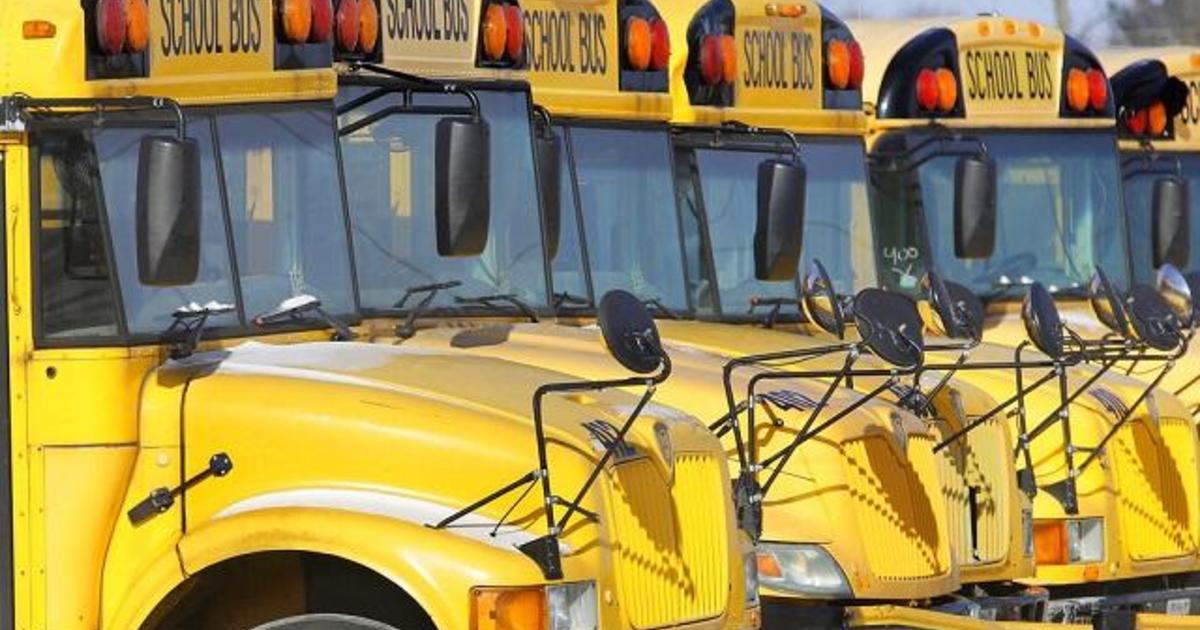USDA: Voluntary Bay Efforts Working, More Needed
WASHINGTON (AP) -- More needs to be done to keep farm runoff from reaching the Chesapeake Bay, even though voluntary incentive-based efforts by farmers have helped, according to a USDA report released Tuesday.
Eighty percent of the cropland in the Chesapeake Bay watershed needs additional conservation work that can include planting cover crops, reducing the use of fertilizer and changing how farmers till the land, according to the study released by the Department of Agriculture's Natural Resources Conservation Service. The report found 19 percent of the cropland in high need of additional conservation and 61 percent in moderate need.
The survey comes as environmentalists and advocates for farmers are clashing over a new, stricter federal effort to restore the bay. The American Farm Bureau Federation is challenging the effort in court, and state officials in Virginia have questioned the science behind the federal effort. Critics say the effort is too far-reaching and will burden states with huge costs.
Rep. Bob Goodlatte, R-Va., is attempting to ban the use of federal dollars to implement the EPA plan, arguing the six states in the bay watershed have made steady progress to reduce runoff from farms and urban and suburban areas. President Barack Obama ordered the EPA to take charge of bay restoration, which had been led for decades by the states.
The report was released ahead of a hearing Wednesday in Washington on the EPA strategy at which NRCS Chief Dave White was scheduled to appear.
White said on a teleconference with reporters on Tuesday that the voluntary effort is helping.
"First, the voluntary incentive-based approach is working. We're confident that the voluntary approach is working but, two, there are several areas we need to improve," White said, noting nutrient management in particular.
White added that targeting resources to the areas most in need of additional conservations efforts will "multiply your impact and effectiveness."
Chesapeake Bay Foundation officials said the report shows the need for continued assistance to farmers in the bay watershed.
Chesapeake Bay Foundation President William C. Baker said farmers working on thin margins need public assistance to pay for conservation measures, and face the loss of funding because of Goodlatte's amendment.
"Local and state governments, farmers, and other small businesses could lose up to $300 million this year alone under the Goodlatte proposal," Baker said in a statement.
Doug Siglin, the foundation's federal affairs director, noted the study found more pollution comes from bay region cropland than cropland in the upper Midwest, in part because of more rainfall, reinforcing the need for more and better technical and financial assistance.
Environment Maryland spokesman Tommy Landers said the voluntary, incentive-based approach is not enough.
"Farmers are making progress, but they, like all of us, need to do more. Agribusinesses like Perdue need to do more and take more responsibility for pollution from their animals," Landers said. "To start accelerating cleanup, we should make at least the most basic methods mandatory, especially in areas most in need of restoration."
(Copyright 2011 by The Associated Press. All Rights Reserved.)



